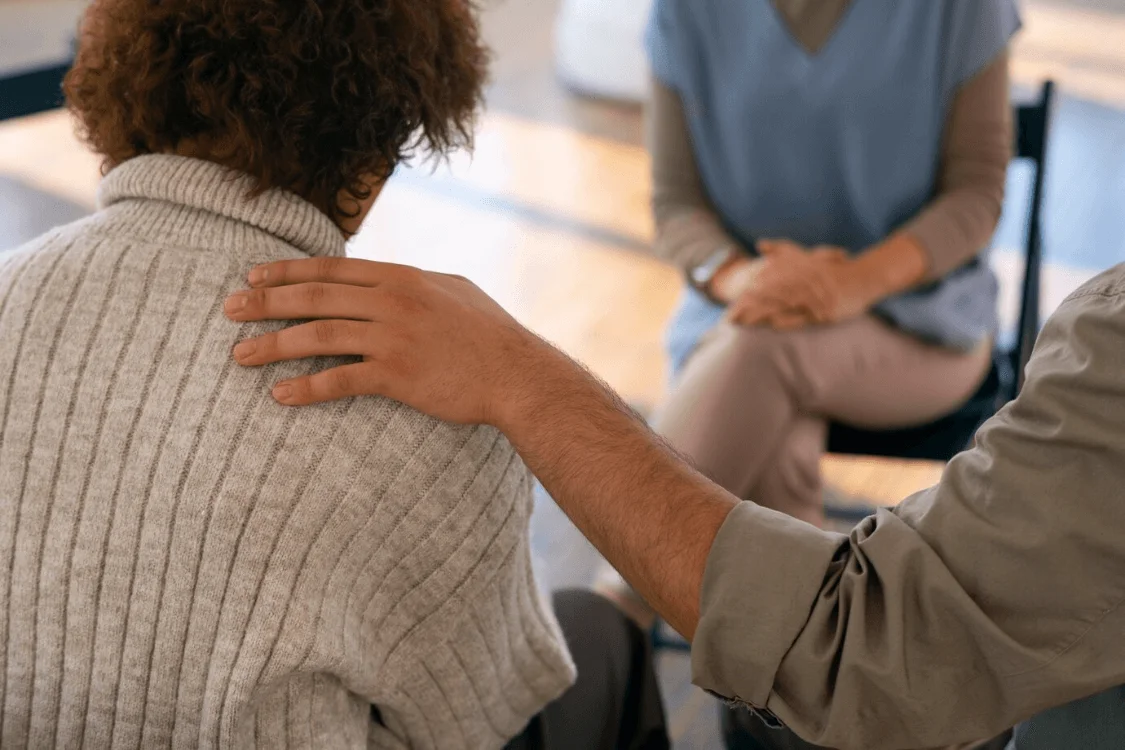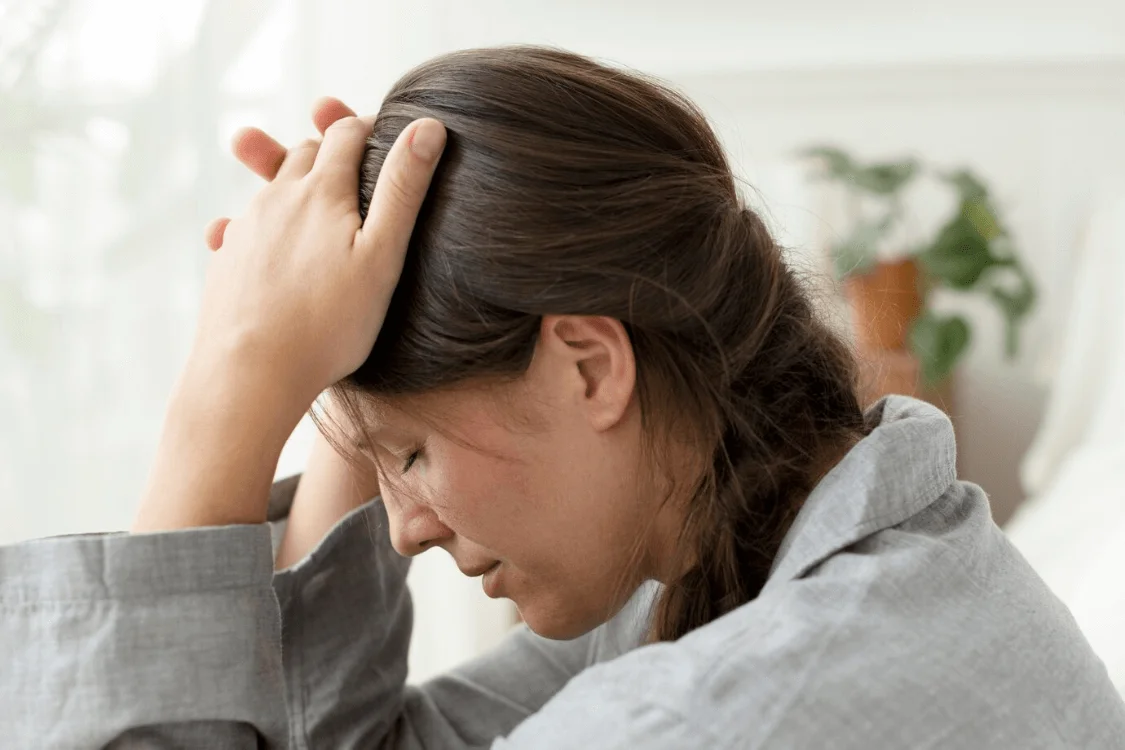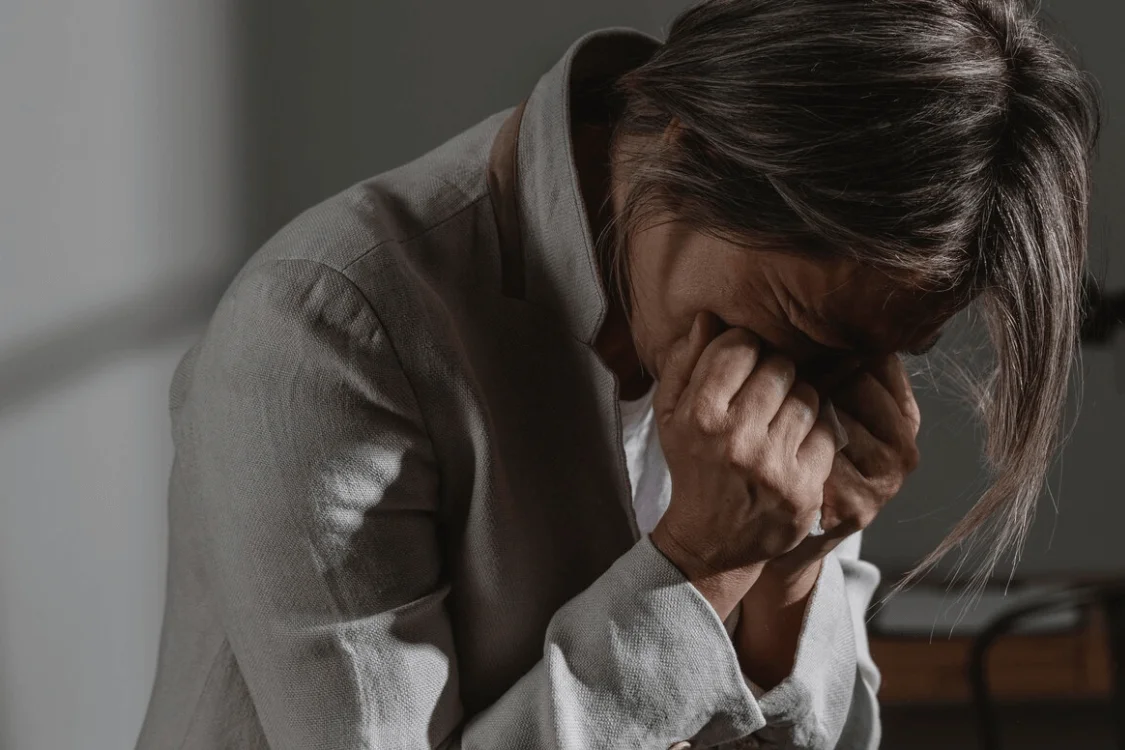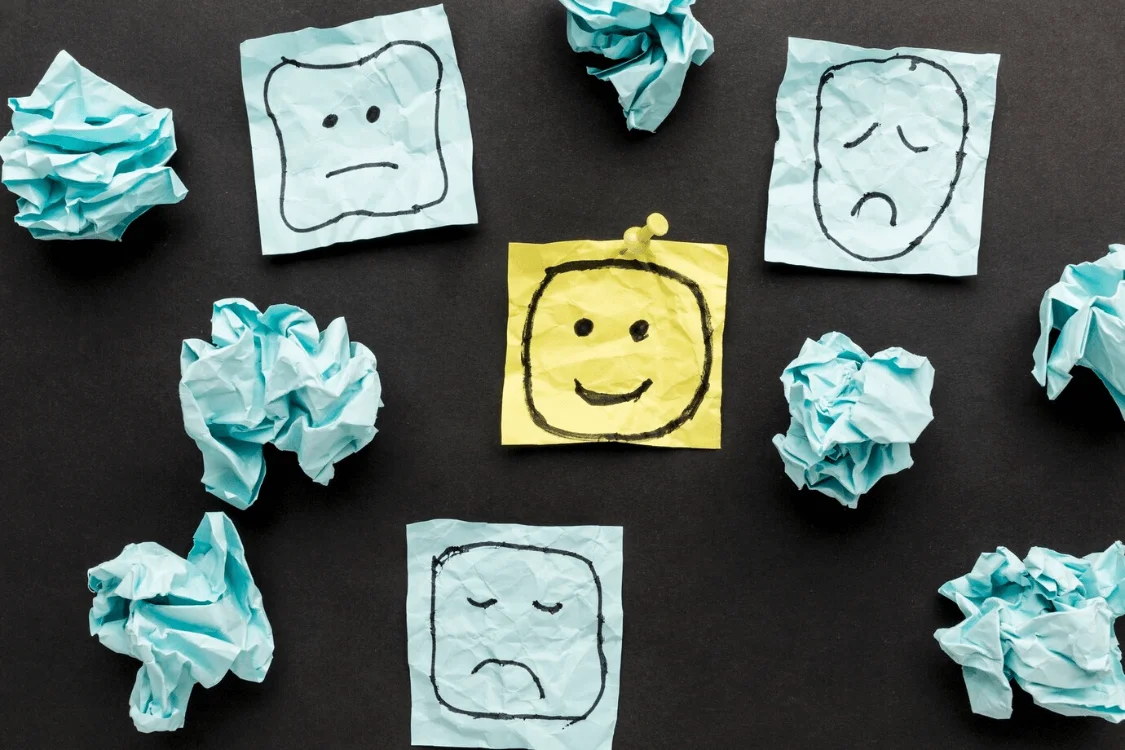
Marijuana Addiction Treatment
Marijuana’s prevalence as the most commonly used federally illegal drug in the United States underscores a growing public health concern. In 2020, nearly 18% of Americans aged 12 or older reported using marijuana, with over 14 million people identified as having a marijuana use disorder.
The increasing acceptance and legal status of marijuana in several states further complicate the landscape as usage rates climb across all demographics, including pregnant women and young adults, who exhibit the highest levels of consumption.
This trend signals an urgent need for comprehensive understanding, effective treatment options, and supportive recovery programs tailored to address the unique challenges of marijuana use disorder, including how to identify marijuana addiction.
At Twilight Recovery Center, we approach the complexities of marijuana addiction with empathy and expertise, offering professional treatment options that cater to the diverse needs of individuals seeking help.
Through our dedicated marijuana rehab center, clients gain access to the necessary tools and support to navigate the journey toward recovery, understand the impact of regular use, and overcome the challenges of addiction. Our goal is to provide a path to a healthier, marijuana-free life grounded in compassion and informed by the latest in addiction recovery research.

What is Marijuana?
Marijuana, derived from the Cannabis plant, is known for its psychoactive effects, primarily attributed to tetrahydrocannabinol (THC). Marijuana’s heavy or daily use can result in use disorders, highlighting the complexity of its impact on users. Marijuana goes by many names – weed, pot, grass, herb, ganja, bud, and Mary Jane – and is consumed in numerous forms, including marijuana smoke.
Users might smoke it in hand-rolled cigarettes known as joints, pipes, water pipes (bongs), or blunts (marijuana rolled in cigar wrappers). Another popular method includes consuming marijuana as edibles, such as in teas, brownies, and cookies. The rise of vaporizers, or vape pens, has introduced a less conspicuous method of inhaling cannabis vapor alongside the smoking of more concentrated resins, which boast a higher potency.
At the core of marijuana’s effects are cannabinoids, a group of compounds naturally occurring in the cannabis plant. The most well-known of these is THC, responsible for marijuana’s intoxicating effects.
However, the abuse of marijuana can lead to negative side effects beyond its intended intoxication. In contrast, cannabidiol (CBD), another prominent cannabinoid, does not induce a high and is found in both hemp and non-hemp cannabis strains. Hemp is specifically classified as any part of the cannabis plant with a THC concentration of 0.3% or less.
Currently classified as a Schedule I drug under federal law, marijuana is deemed to have a high potential for misuse with no accepted medical uses, placing it in the same category as substances like heroin and LSD. This classification remains a topic of ongoing debate, as many advocate for reevaluation based on emerging research into marijuana’s potential medicinal benefits and relative safety compared to other Schedule I drugs.
History of Marijuana
Marijuana’s history spans from its ancient use for medicinal and industrial purposes to its current status under modern legal and medical scrutiny, where marijuana is classified as a Schedule I substance.
Historically, marijuana and hemp were widely used for their medicinal and industrial benefits, and today, we continue to learn more about marijuana and its applications, including the compounds found in marijuana. Hemp, specifically, was valued for making durable materials and was a mandated crop in colonial America. This period emphasized the plant’s versatility, distinguishing its non-psychoactive uses from its recreational consumption.
In the 1850s, America saw cannabis introduced as a medicinal remedy, highlighting its potential for treating various ailments. However, the turn of the century brought about regulatory changes that began restricting its use, reflecting shifting perceptions about its safety and efficacy.
Today, despite federal classification as a Schedule I substance, several states have legalized marijuana for medical and recreational use. This legal divergence underscores ongoing debates about marijuana’s health risks and therapeutic potential, especially as clinical evidence continues to be evaluated against the backdrop of increasing marijuana potency.
While the FDA has approved THC-based medications for specific conditions, the broader medicinal use of marijuana remains a topic of ongoing research, particularly for compounds like CBD, as we consider whether marijuana may serve additional health purposes. This research is crucial in understanding marijuana’s full spectrum of health implications, including the risks associated with its higher potency in recent years.
At Twilight Recovery Center, we recognize the complex history and contemporary challenges of marijuana use, including the need to treat marijuana addiction effectively. Our treatment programs offer personalized care that reflects the latest in addiction science and supportive recovery practices.
Signs of Marijuana Abuse
Recognizing the signs of marijuana abuse is critical for identifying when recreational or medicinal use has escalated into dependency. These signs often manifest as a persistent desire or unsuccessful efforts to cut down or control marijuana use, spending a significant amount of time obtaining, using, or recovering from its effects, and prioritizing its use over obligations or interests.
Individuals might continue to smoke marijuana or consume it in other forms, such as edibles or vapors, despite facing persistent or recurrent social or interpersonal problems exacerbated by the effects of marijuana. The clinical term for marijuana addiction, “marijuana use disorder,” captures these patterns of use that lead to clinically significant impairment or distress.


Effects of Marijuana Addiction
The impact of long-term marijuana use extends beyond the immediate psychoactive effects of feeling ‘high’, prompting a need to develop a marijuana educative and preventive framework. Mental health can suffer, with users potentially experiencing heightened anxiety, persistent depression, and, in some cases, psychosis -conditions that are particularly concerning given the increasing potency of marijuana available today.
Addiction is a chronic thing – this heightened potency raises the stakes for users, particularly those who use marijuana daily, as they may develop a tolerance that necessitates consuming larger amounts to achieve the same effects, thereby increasing the risk of addiction and exacerbating mental health issues.
Dangers of Prolonged Marijuana Use
The long-term use of marijuana poses significant risks, not just to mental health but also in terms of physical health consequences, reinforcing the fact that marijuana is an addictive substance with potential links to mental illness.
Regular, heavy marijuana use can disrupt cognitive function, affect lung health similar to tobacco smoke, and, in some users, lead to the development of Cannabinoid Hyperemesis Syndrome – a condition characterized by recurrent bouts of severe nausea, vomiting, and dehydration.
Our comprehensive approach to treatment provides individuals with the tools and support necessary to address both the physical dependency and the psychological impact of prolonged use. We aim to empower individuals to achieve sobriety and regain control over their lives.


What is Marijuana Withdrawal?
Marijuana withdrawal is a challenging phase that surfaces when a regular user decides to quit or significantly reduce their cannabis intake. This condition underscores the body’s dependence on the substance, manifesting through a range of symptoms that can affect both physical and mental well-being.
Withdrawal from marijuana signifies the brain’s adjustment to the absence of THC, the psychoactive component of cannabis, which it had grown accustomed to during regular use. The abuse of marijuana can exacerbate these withdrawal symptoms.
Symptoms of Marijuana Withdrawal
The onset of marijuana withdrawal symptoms typically occurs within the first week of ceasing consumption, marking the beginning of the body’s journey to regain balance. This process highlights the body’s adaptation to the abuse of marijuana. These symptoms not only highlight the extent of physical dependence but also underscore the psychological grip marijuana can have on an individual. Common symptoms when withdrawing from marijuana include:
Irritability, Anger, or Aggression
Many individuals experience heightened emotions or difficulty controlling their temper during withdrawal. At Twilight Recovery Center, we offer emotional regulation strategies and support groups to help manage these intense feelings.
Nervousness or Anxiety
Withdrawal can exacerbate feelings of anxiety or nervousness. Our therapy sessions, including Cognitive Behavioral Therapy (CBT), are designed to address anxiety, providing coping mechanisms and stress-reduction techniques.
Sleep Difficulties
Disruptions in sleep patterns are common. Our center provides guidance on sleep hygiene and relaxation techniques and, in some cases, supervised medication management to restore healthy sleep cycles.
Decreased Appetite or Weight Loss
Loss of appetite can lead to significant weight loss and nutritional deficits. Our nutritional counseling aims to reintroduce a balanced diet and healthy eating habits as part of the recovery process.
Restlessness
A sense of restlessness or inability to relax can impede daily functioning. We help individuals find calm and regain focus through holistic approaches like yoga and meditation.
Depressed Mood
Withdrawal can often trigger depressive symptoms. Our comprehensive care includes mental health support and therapy to address and manage depression, fostering a path to emotional well-being.
Physical Symptoms
Abdominal pain, shakiness, tremors, sweating, fever, chills, and headaches can all manifest during withdrawal. Our medical team provides supportive care to alleviate physical discomfort, ensuring a safer and more comfortable withdrawal process.
Our multidisciplinary approach addresses both the physical and psychological aspects of withdrawal, supporting our clients through every step of their journey toward recovery and seeking treatment for signs of marijuana addiction.

Benefits of Marijuana Addiction Treatment at Our Rehab Center
Our treatment options for marijuana addiction address the unique challenges posed by marijuana dependency. Benefits of utilizing our treatment options available for ceasing marijuana use include:

Comprehensive Education on Marijuana’s Effects
Our program emphasizes the importance of understanding marijuana’s impact on both the mind and body. Through comprehensive education, we shed light on how regular marijuana use, especially of high-potency strains, can link chronic marijuana use and mental illness, illustrating the critical need for early intervention.
This knowledge empowers individuals to make informed decisions about their health and recovery.

Tailored Strategies for Managing Addiction
Recognizing that each individual’s experience with marijuana is unique, we develop personalized strategies to manage addiction.
Our team works closely with clients to identify triggers, replace negative habits with positive alternatives, and build a resilient foundation for lasting sobriety, particularly focusing on those wishing to stop using marijuana.

Personalized Treatment for Marijuana Abuse
We believe that personalized care is essential for effective recovery, especially when treating marijuana dependency. Our treatment plans are customized to address each client’s specific needs, taking into account factors such as the duration and frequency of marijuana use, any co-occurring mental health conditions, and personal recovery goals.
This tailored approach ensures that each client, particularly people who use marijuana, receives the most effective interventions for their situation.

Support for Lasting Sobriety
Achieving sobriety is a significant milestone, but maintaining it requires ongoing support and dedication.
Our center offers aftercare services to support lasting sobriety, including ongoing therapy, support groups, and relapse prevention strategies. We also provide education on the signs of relapse and how to navigate the challenges that may arise during recovery.

A Path to Holistic Well-Being While Treating Marijuana Addiction
Beyond addressing marijuana addiction, our treatment programs aim to promote holistic well-being. By incorporating practices such as mindfulness, yoga, and nutrition counseling, we support our clients’ overall health and wellness, fostering a sense of balance and well-being that supports recovery.
Not only do we address the immediate challenges of addiction, but we also lay the foundation for a healthier, fulfilling life free from marijuana dependency, recognizing that people use marijuana for various reasons.
Types of Treatment We Offer for Marijuana Rehab
At Twilight Recovery Center, we recognize that overcoming marijuana addiction symptoms requires integrating various addiction treatment options that consider the side effects of marijuana. Our treatment is necessary to address the physical, psychological, and social aspects of addiction, employing a range of evidence-based therapies and modalities tailored to meet the individual needs of our clients.
Cognitive Behavioral Therapy (CBT)
CBT is a cornerstone of our treatment approach, focusing on identifying and modifying negative thoughts and behaviors associated with marijuana use.
By learning coping strategies to manage stress and uncomfortable feelings, clients are empowered to replace harmful patterns with positive ones, effectively navigating challenges in their recovery journey.


Dialectical Behavior Therapy (DBT)
Our DBT program is tailored to individuals dealing with emotional dysregulation, addiction, and specifically those who have developed an addiction to marijuana.
By teaching emotional regulation skills and strategies for managing stress without resorting to marijuana, DBT supports clients in handling difficult emotions in healthy ways, reducing the reliance on substances for emotional relief.
Motivational Interviewing
Motivational interviewing addresses ambivalence toward treatment, particularly for those skeptical about the harms of cannabis, helping them realize they may need treatment.
Through collaborative dialogue, clients are encouraged to explore their future aspirations and confront the realities of their marijuana addiction, fostering motivation for change.


Individual Therapy
Our individual therapy sessions offer a private setting for clients to process their experiences, challenges, and achievements throughout rehabilitation.
Tailored to the needs of each client, these sessions provide an opportunity for in-depth exploration of the underlying causes of addiction and the development of personalized coping strategies.
Group Therapy
Group therapy is vital to our treatment offering, creating a supportive community where clients can share insights, experiences, and encouragement. Facilitated by experienced professionals, group sessions enhance social skills, provide mutual support, and allow clients to contribute to their own and others’ recovery processes.


Family Therapy
Recognizing the impact of marijuana addiction on families, our family therapy sessions aim to heal and strengthen family relationships. These sessions offer a platform for addressing issues, improving communication, and fostering an environment conducive to recovery, ensuring families are equipped to support their loved one’s journey to sobriety.
Levels of Care at Our Treatment Center
Our comprehensive spectrum of care levels is designed to meet individuals wherever they are on their path to recovery, offering the right support at the right time, including for those addicted to marijuana.

Marijuana Detox
The first step in addressing marijuana addiction is often detoxification, especially for those who have used marijuana heavily or for a prolonged period. Our marijuana detox program provides a safe and medically supervised environment where individuals can withdraw from marijuana while minimizing discomfort.
Detox typically marks the beginning of the recovery process, preparing individuals for the therapeutic work.

Inpatient Treatment and Rehab
For individuals needing a structured and immersive recovery experience, our inpatient treatment and rehab offers intensive care. This level involves staying at our treatment center, where clients can access 24/7 support from our professional staff. Inpatient treatment focuses on the underlying causes of addiction through individual therapy, group sessions, and holistic practices.
This comprehensive approach is particularly beneficial during the early stages of recovery, ensuring clients develop the coping strategies and resilience needed for long-term sobriety, especially for those aiming to treat marijuana dependency.

Outpatient Treatment Options
Outpatient treatment is designed for those transitioning from inpatient care or for individuals whose circumstances require a less intensive level of support. Our outpatient programs focus on recovery while allowing clients to live at home and continue their daily responsibilities.
This level of care includes regular therapy sessions and access to our resources and support network, ensuring ongoing progress in recovery.

Sober Living Treatment Programs
For individuals seeking a supportive living environment post-treatment, our sober living treatment programs offer a solution to live freely without marijuana on a daily basis.
These programs provide a structured yet flexible living arrangement that bridges the gap between treatment and full independence.
Get Treatment for Marijuana Addiction at Twilight Recovery
At Twilight Recovery Center, we understand the complexities of marijuana addiction and how treatment can help address this specific disorder. Our holistic and personalized approach to treatment ensures that individuals, including those struggling with marijuana addiction, receive the care and support needed to navigate the challenges of recovery. Whether you’re seeking help for yourself or a loved one, learn more about our marijuana addiction treatment program and take the first step towards a healthier, substance-free life. Contact us today to get started.
Frequently Asked Questions About Marijuana Addiction
Is Marijuana Considered a Dangerous Drug?
While marijuana is legalized in several states and used medicinally, it can pose risks, especially with long-term or heavy use, leading to addiction and mental health issues.
What Are the Effects of Marijuana Abuse?
The effects of marijuana abuse can range from short-term cognitive impairments to long-term mental health issues. With the potency of marijuana having increased over the years, users might experience heightened side effects, including anxiety and paranoia. Substance abuse treatment is crucial for addressing these effects comprehensively.
What Addiction Treatment Options Are Available for Marijuana?
Various treatment options are available, including outpatient and inpatient treatment programs, which focus on overcoming dependence on marijuana, recognizing that marijuana is a Schedule I controlled substance with potential for abuse. Treatment facilities often incorporate therapy, medical support, and lifestyle counseling to aid recovery.
How Does Medical Marijuana Factor into Treatment?
While medical marijuana is legalized in several states for specific conditions, its use must be carefully managed, especially among those with a history of substance abuse, to prevent developing an addiction. Discussing medical needs with a healthcare provider ensures that treatment for addiction includes appropriate consideration for medical marijuana use.
Can Marijuana Use Lead to Mental Illness?
Research indicates a link between chronic marijuana use and an increased risk of developing mental illnesses, especially in individuals predisposed to such conditions. Our substance use disorder treatment programs include support for addressing co-occurring mental health issues.



